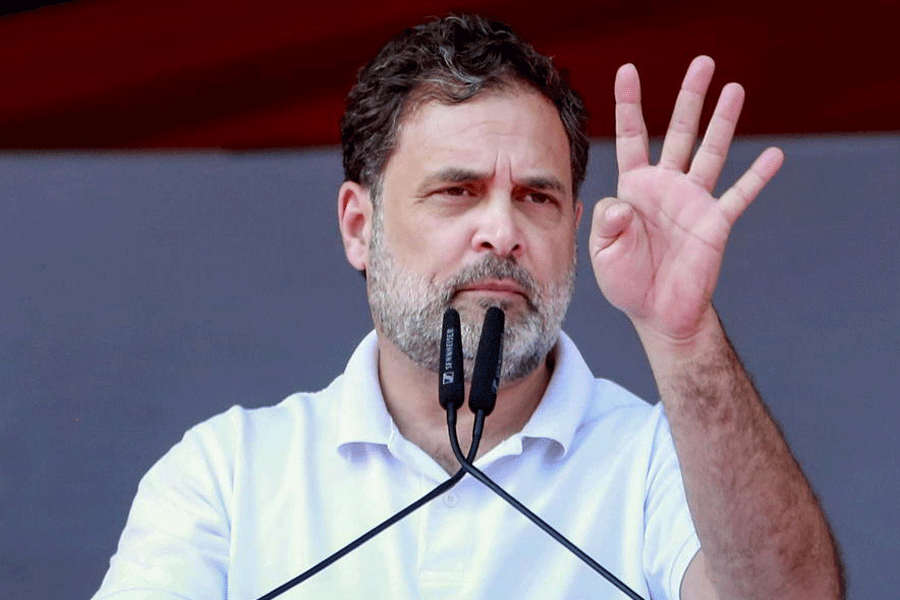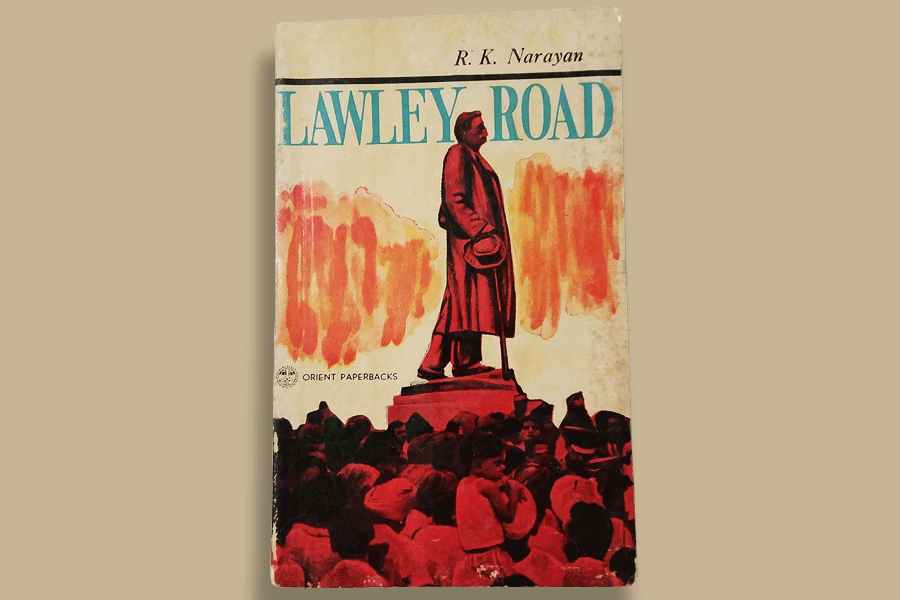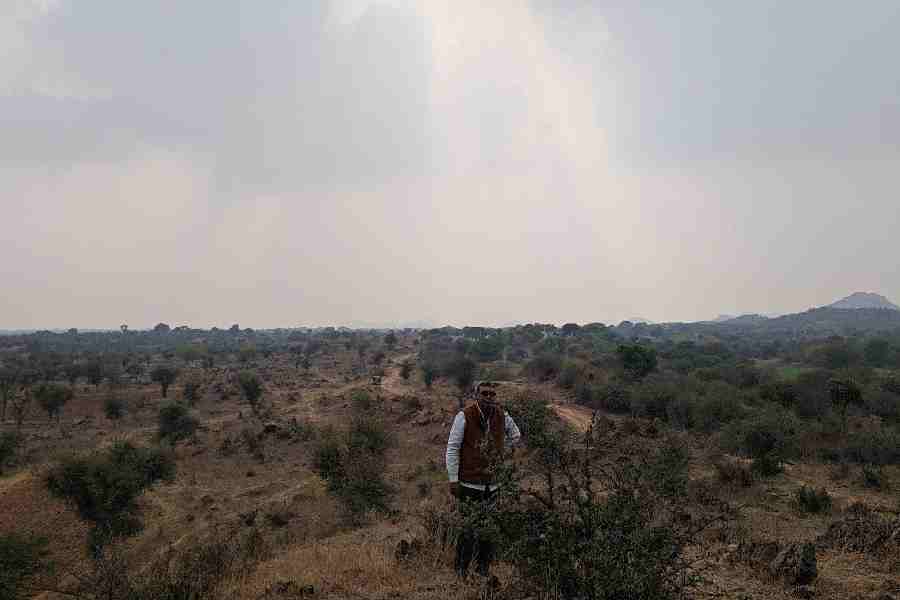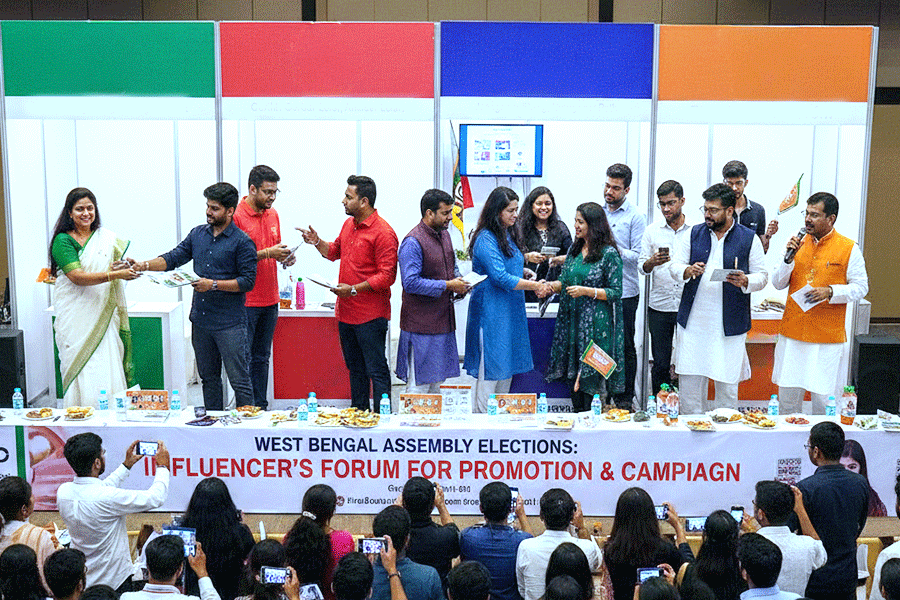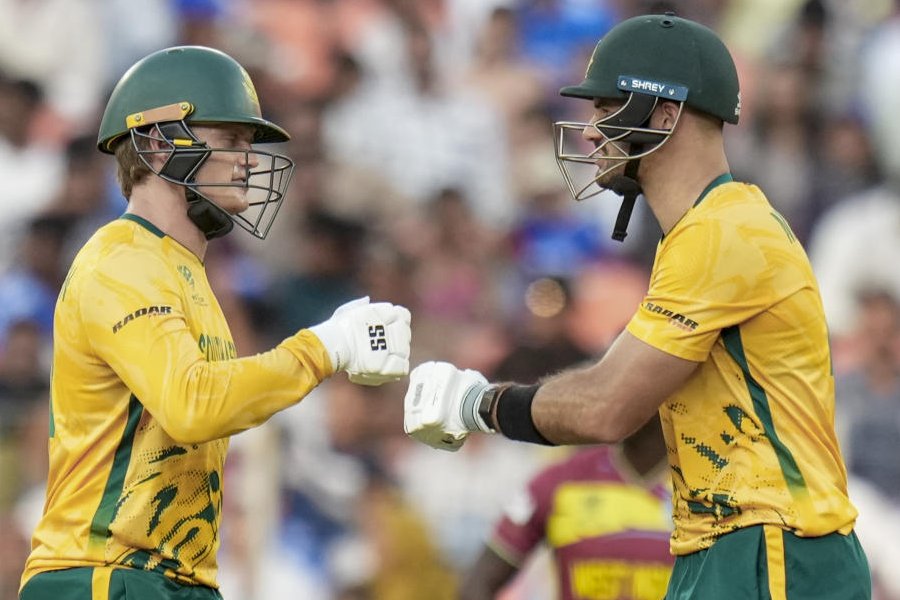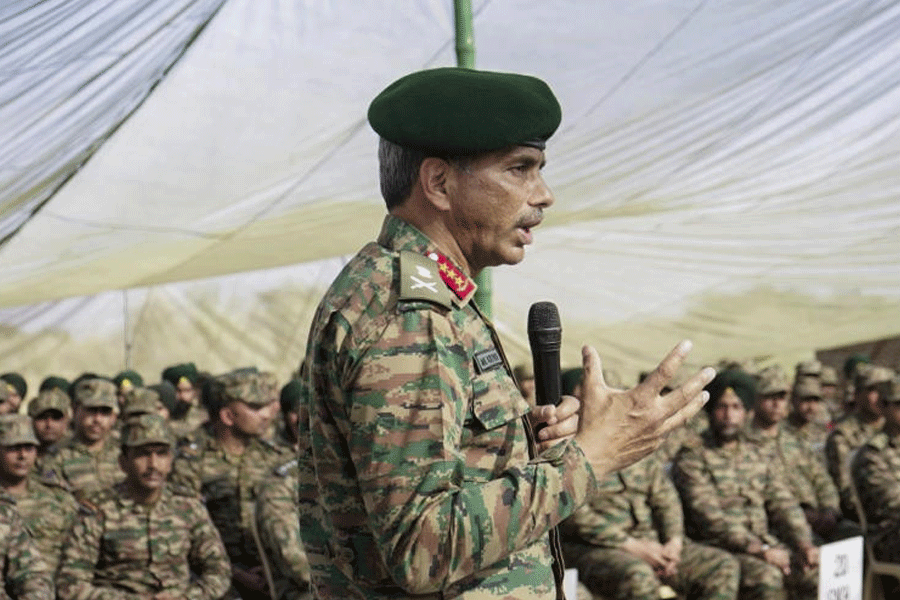The rapid spread of liberal studies programmes in India reflects a growing recognition of the need for education that fosters critical thinking, creativity, and problem-solving. Liberal studies aim to nurture individuals who can question norms, embrace diverse perspectives, and contribute meaningfully to society. Yet, in a consumer-driven world, liberty is often narrowly interpreted as ‘freedom of choice’. This perspective risks reducing education to a vehicle for personal autonomy rather than a journey of self-discovery and public contribution. As liberal education gains momentum in India, it’s worth asking whether the aim is to simply offer Western-style flexibility in subject choice, or could there be a distinct purpose — promoting an education rooted in communal responsibility and meaningful engagement with Indian society.
The growth of liberal studies in India offers a valuable opportunity to rethink education in ways that align with the unique values, philosophies, and needs of Indian society. Rather than adopting a Western model focused on ‘knowing the world’ through critical analysis, liberal studies in India should emphasise immersive, context-driven learning that intertwines understanding the world with self-discovery and transformation.
This approach directly addresses the psychological well-being deficit often witnessed in today’s individualised, consumeristic world. By grounding education in shared values and community, students are prepared for lives enriched with deeper connections and holistic satisfaction beyond material success.
This integration of local context, communal responsibility, and environmental awareness allows students to examine their privileges and roles in addressing India’s pressing social issues. By grounding learning in real-world experiences and connecting knowledge with ethical responsibility, liberal studies equip students to view education as a transformative experience.
The Greek philosopher, Aristotle, had remarked, “Educating the mind without educating the heart is no education at all.” While critical thinking — often a focus of liberal education — sharpens the intellect, true education also engages the heart, inspiring students to ask Socrates’s timeless question of how to live a good life. This question encourages students to explore their values and sense of purpose, connecting personal goals with societal and ecological responsibilities.
Grounding liberal education in the local context enables students to examine pressing issues such as inequality, environmental degradation, and community well-being. By drawing on local philosophical traditions, we can help students appreciate that freedom is not solely about personal autonomy but includes a shared responsibility toward one’s community and the natural world. Such a vision aligns with India’s pluralistic philosophies, drawing on concepts like aparigraha in Hinduism, zuhd in Islam, and the Gandhian philosophy of sarvodaya.
Graduates who emerge from an immersive, context-driven education carry with them the capacity for meaningful, responsible action. Programmes that integrate personal transformation with intellectual growth foster engaged citizens who question consumerism and individualism, cultivating purpose and compassion in all areas of life.
By fostering a sense of responsibility toward all forms of life, immersive pedagogy deepens students' awareness of their relationship with nature and community. This understanding encourages students to pursue their goals with a sense of collective progress, equipping them to navigate India’s diverse and complex cultural, economic, and ecological landscapes. With a foundation built on ethical engagement, self-discovery, and intellectual exploration, students are prepared to address the pressing issues of our time with empathy, resilience, and collaboration.
Kalpita Bhar Paul and Soumyajit Bhar teach at the School of Liberal Studies, BML Munjal University


